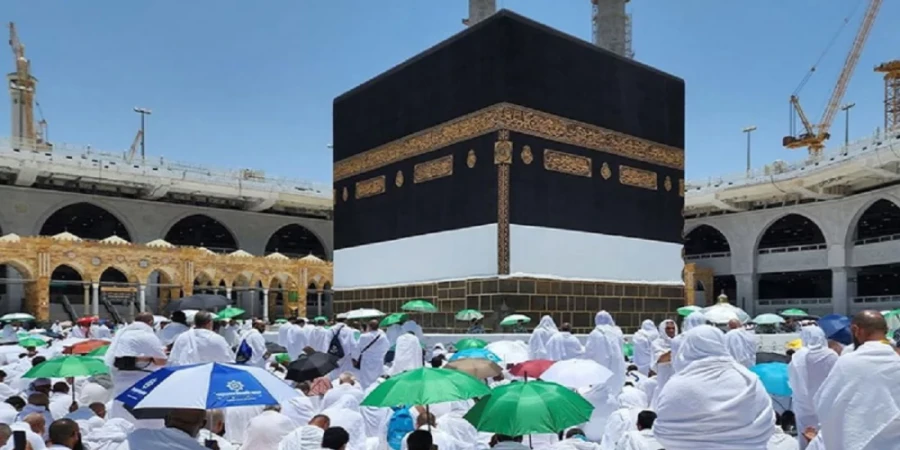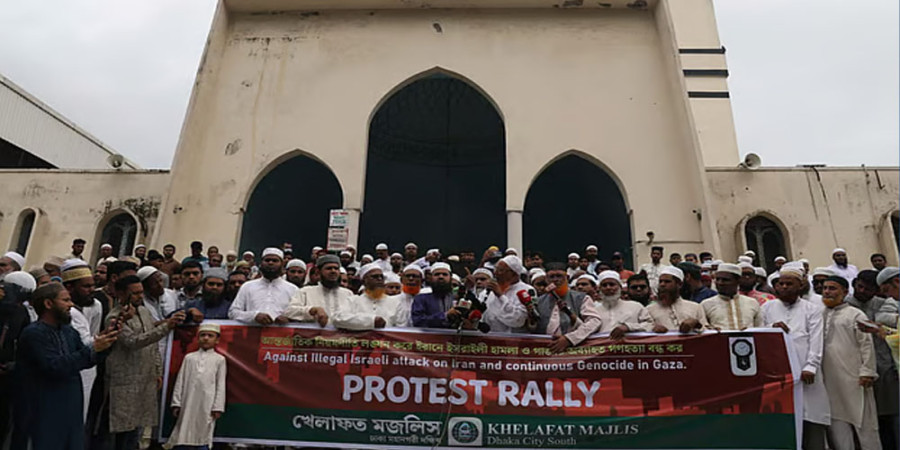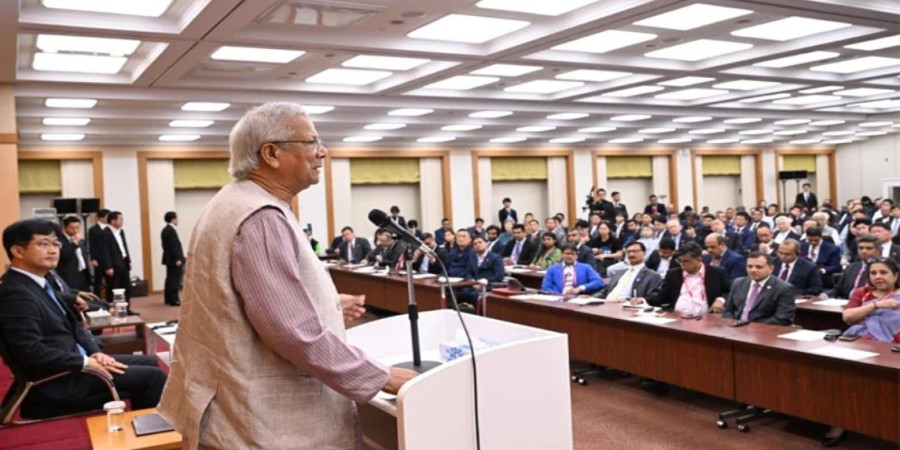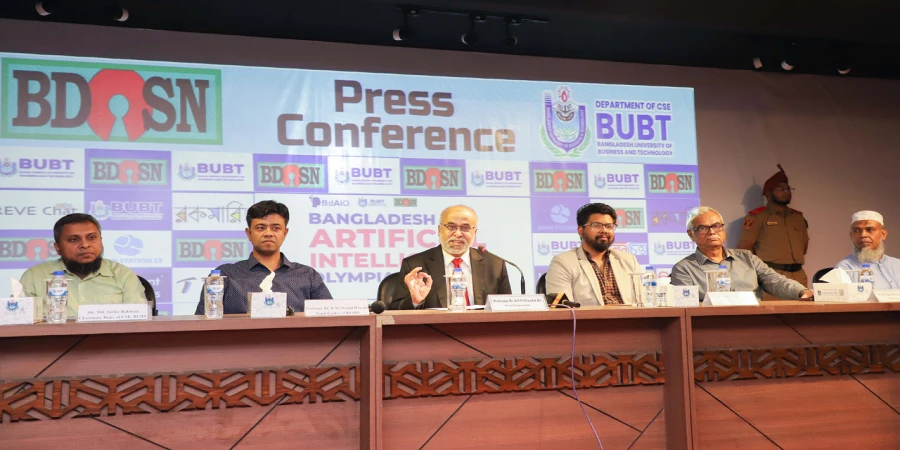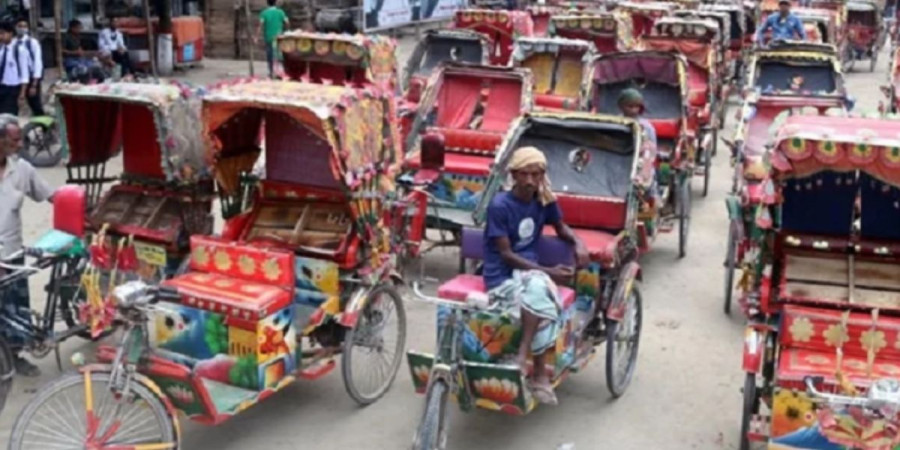
ছবি: Battery-powered rickshaws are often parked haphazardly across entire roads, causing severe traffic congestion. Photo: Collected
The High Court has directed that all battery-powered rickshaws in Dhaka must cease operations within the next three days. This decision, aimed at curbing road chaos and accidents caused by these unregulated vehicles, was issued on Tuesday by the bench of Justice Fatema Najib and Justice Mahmudur Raza.
According to the Bangladesh Road Transport Authority (BRTA), the proliferation of battery- or motor-powered rickshaws, vans, and similar three-wheelers has severely deteriorated road safety in the capital. These vehicles, often unfit, poorly maintained, and illegally modified, have been identified as significant contributors to accidents and traffic congestion.
Reports reveal that these rickshaws operate without any regard for traffic laws, often parking indiscriminately and moving recklessly. Despite repeated crackdowns by Dhaka's two city corporations, their numbers have continued to grow, exacerbating traffic jams and increasing the risk of accidents. Many of these vehicles lack legal documents or permits to operate on public roads, but they are still widely available.
Current estimates suggest that around 1.2 million rickshaws operate in Dhaka, though experts believe the actual number is significantly higher. A large portion of these are battery-powered or modified from traditional pedal rickshaws, turning them into illegal motorized vehicles. While the primary roads are somewhat less affected, the alleyways of areas such as Khilgaon, Mugda, Basabo, Rampura, Badda, Uttara, and Mirpur are dominated by these vehicles. Their presence often spills onto major roads, creating havoc.
The rise in battery-powered rickshaws has also fueled a booming informal industry where these vehicles are manufactured and sold without any oversight. Buyers and sellers face no requirements for registration or paperwork, making the trade easy and widespread.
Local residents and road safety advocates have called for stricter enforcement of regulations to address the issue. They argue that reclaiming order and aesthetics on Dhaka's streets is critical for the city's functionality and image.
The High Court’s directive comes as a step toward addressing this long-standing issue. Authorities have yet to announce specific enforcement measures, but the directive has sparked hope among citizens for safer and more orderly roads.
repoter



